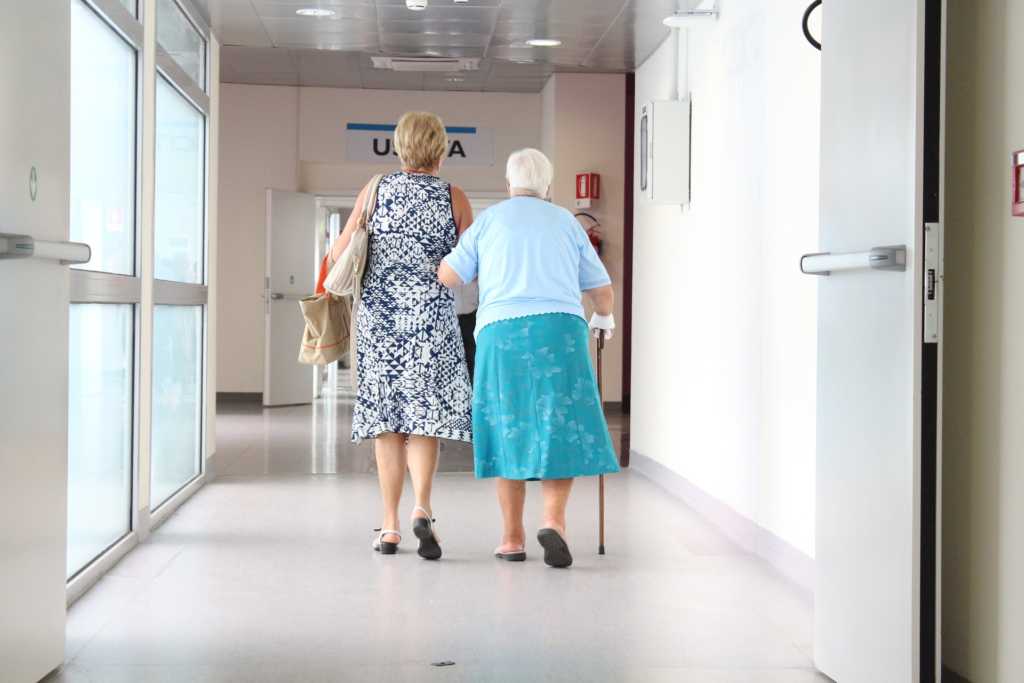The unintended consequences of harsh restrictions due to the COVID-19 pandemic have included everything from depression to students suffering academically – and now, some are even taking their own lives in order to avoid Coronavirus restrictions.
Now, elderly people living in retirement and nursing homes are beginning to make some drastic measures.
According to CTV News, a 90-year-old woman living in Toronto took her own life via medically assisted suicide, the choice made in large part due to the second surge of coronavirus cases and a looming period of increased restrictions.
Nancy Russell was, according to her family, extremely social and spry. They explained that she just couldn’t bear the thought of a winter in isolation, which at the retirement home she lived in, would look something like this:
Residents eat meals in their rooms, have activities and social gatherings cancelled, family visits curtailed or eliminated. Sometimes they are in isolation in their small rooms for days. These measures, aimed at saving lives, can sometimes be detrimental enough to the overall health of residents that they find themselves looking into other options.
Her daughter, Tory, told CTV News why her mom was so down about more restrictions.
“My mother was extremely curious, and she was very interested in every person she met and every idea that she came across so she was constantly reading, going to different shows and talks. [She] was frequently talking about people she met and their life stories, very curious, open minded. So for 90, she was exceptional. She, almost overnight, went from a very active lifestyle to a very limited life, and they had, very early on, a complete two week confinement just to her room.”
Assisted suicide, sadly, has been gaining wider social acceptance in certain regions in recent years. Despite this, the first doctor she applied to refused the offer.
“You’ve got too much to live for,” was the reason given to her for the refusal. According to CTV, in Canada it is not necessary to have a terminal condition in order to have someone legally end their own life.
You must have a serious condition, be in an advanced stage of irreversible decline, be experiencing mental of physical suffering that cannot be relieved and be at the point where “your natural death has become reasonably foreseeable.”
Even more sad is the description of the family spending time with Nancy in her last days, framed positively around her dying “on her own terms.”
“They played games and told stories in the back yard,” her daughter explained.
“Ever adventurous, Nancy departed this world with her wits intact and her expansive curiosity tempered only by a willingness to let the mystery be,” the obituary states.
Her daughter said it was “definitely a very mixed feeling for everyone because we’re losing someone we love, and whose absence is going to be huge.”
Anytime someone chooses to end their own life, whether it is legally and culturally accepted, the plain fact of the matter is a God created life was ended unnecessarily.
The family celebrated this as her being able to “direct a peaceful, pain free death on her own time and avoid a great fear of hers, which was to endure winter and lockdowns.”
Pray for those considering taking a similar option, that they would consider the fact that they were made in the Imago Dei, the image of God, with value and purpose. That they would embrace the challenges, struggles and illnesses we face with an attitude of joy and perseverance, as we are commanded to do in Scripture.



